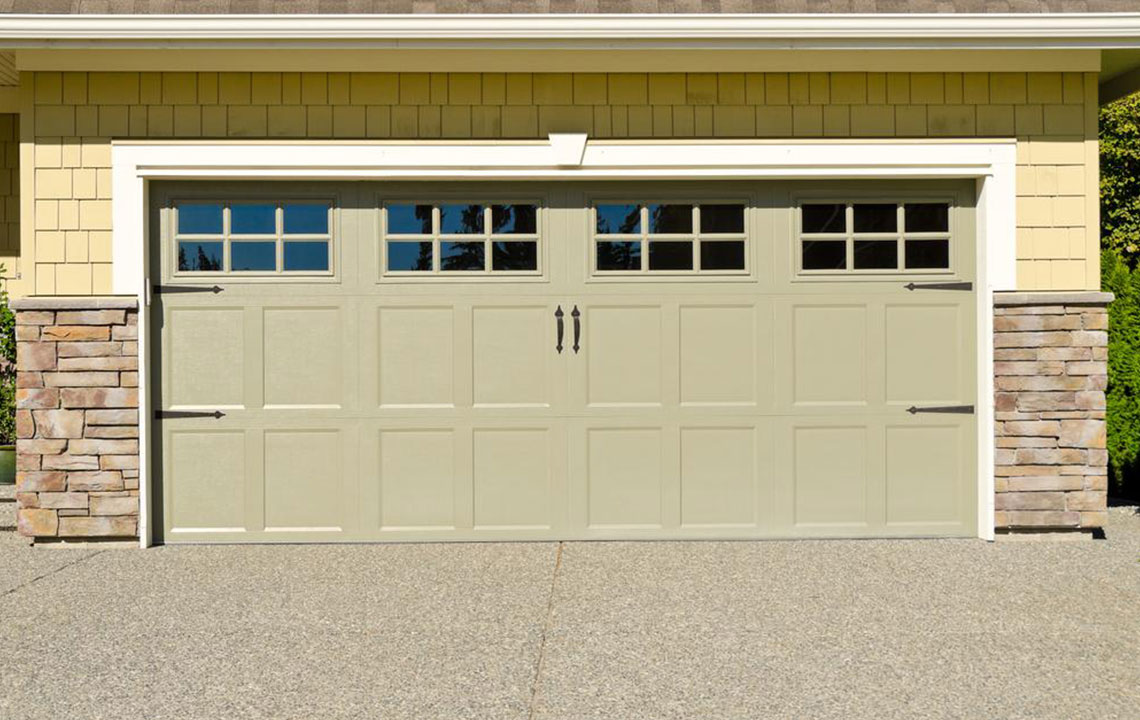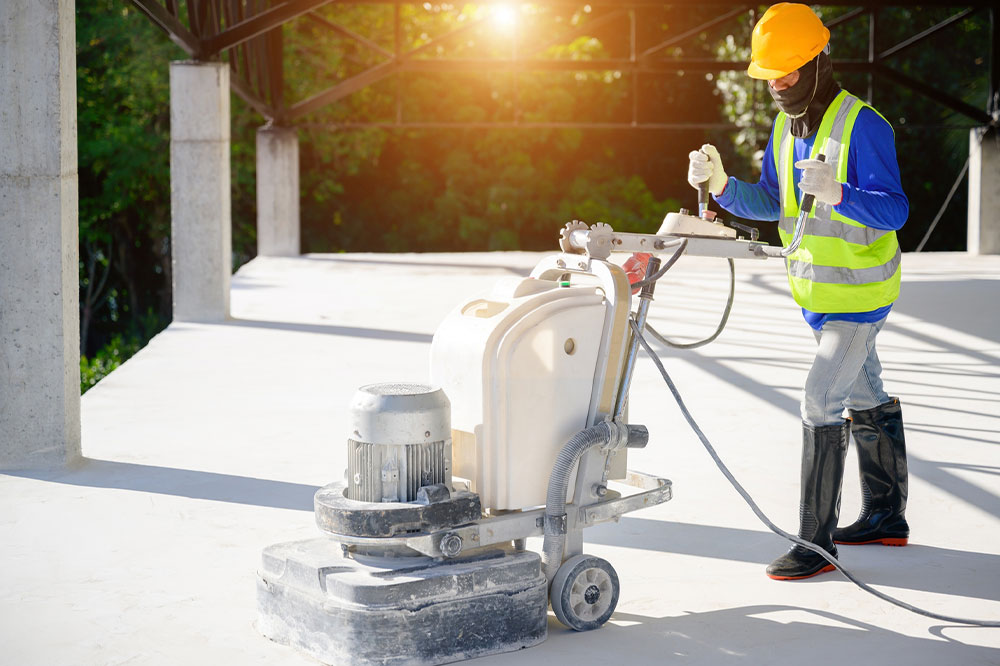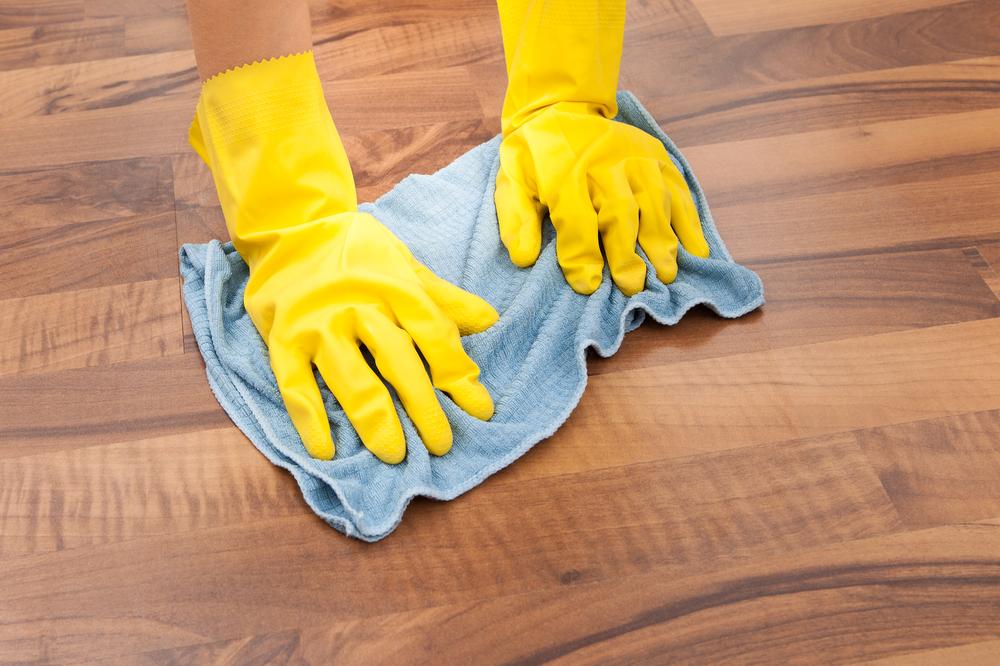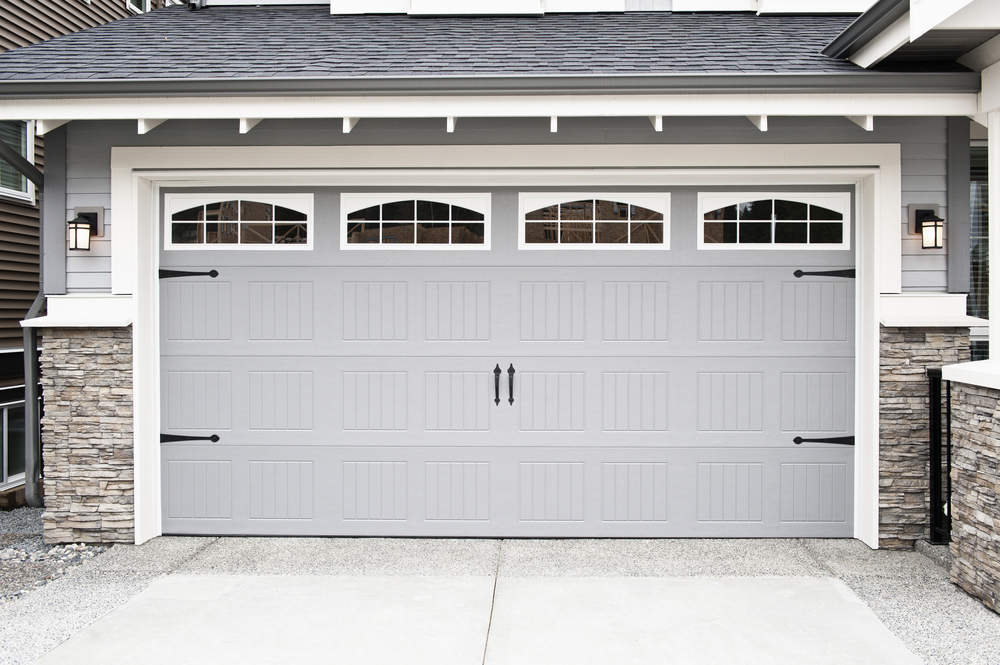Guide to Choosing the Best Garage Floor Coating
The best approach to preserving and improving the appearance of your garage floor is with a coating. It creates a more resilient and long-lasting surface that can handle heavy traffic, spills, and stains, making cleaning easier. Choosing the best garage floor coating might take a lot of work, with many alternatives on the market. To assist you in making an informed choice for your garage, we’ll examine the many types of garage floor coatings in this post.
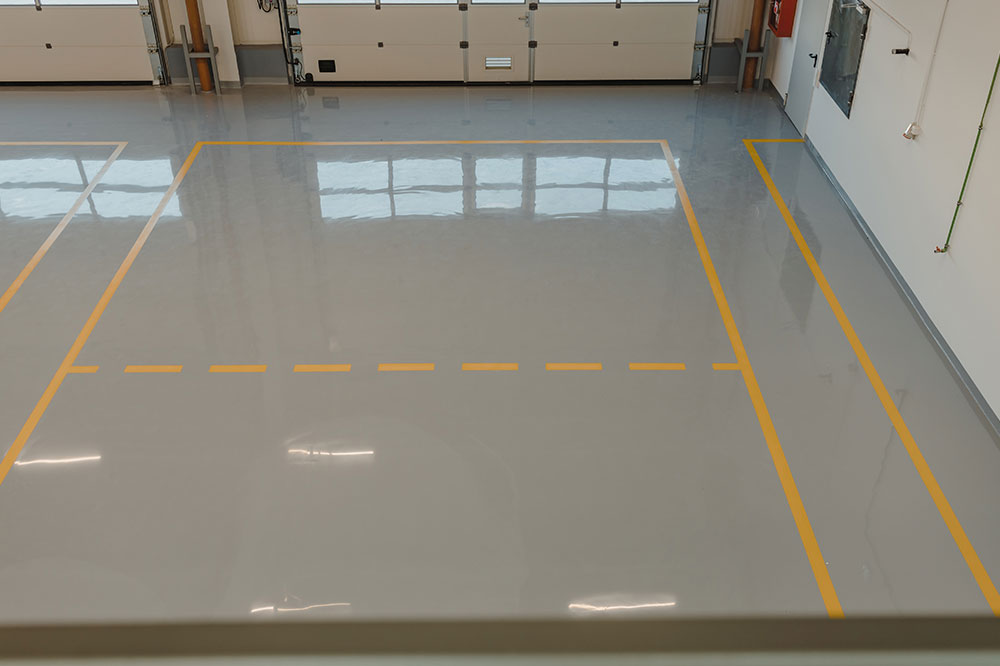
Types of best garage floor coating
In the market, there are numerous varieties of garage floor coatings.
- Epoxy coatings : Due to epoxy’s durability and resistance to stains and chemicals, it is a popular option for garage floor coatings. It is a two-part technique that requires mixing a resin and a hardener before application. Epoxy coatings can be personalized with various flakes, patterns, and colors.
- Polyurea coatings : Polyurea is a more recent form of a layer that resembles epoxy but is more flexible and has quicker curing times. Additionally, it has a high level of resistance to chemicals, impacts, and abrasions, making it a fantastic option for heavy-traffic locations like garages.
Polyurea coatings have quicker cure periods and are more flexible than epoxy coatings, despite being generally more expensive, making them a fantastic option for high-traffic areas like garages. Additionally, they are highly resistant to impacts, abrasions, and chemicals, making them a long-lasting and resilient flooring option for your garage. - Rubber garage flooring: Rubber garage flooring is offered as rolling and interlocking tiles. Rubber tiles that interlock are modular and straightforward to install without the use of adhesives. Rubber is rolled into a continuous sheet that may be cut to size and bonded to the concrete surface as flooring.
Rubber garage flooring is solid and resistant to impacts, abrasions, and heavy traffic. It is perfect for use in garages because it is also resistant to chemicals, oil, and grease. - Concrete stains: If you want to enhance the raw appearance of your concrete floor, concrete stains are a fantastic solution. They can give the concrete’s surface a marbling or mottled appearance and come in various colors.
- Concrete sealer : Concrete sealers offer a barrier that stops spills and stains from permeating the concrete’s surface. Additionally, they can give the concrete a glossy sheen and improve its color.
- Floor tiles : For those looking for a DIY alternative that is simple to install, floor tiles are a terrific choice. They can be personalized with various colors and patterns and are available in several materials, such as PVC, rubber, and interlocking tiles.
Before choosing the best garage floor coating, it’s crucial to consider your needs and budget since each type has specific benefits and drawbacks.
Cost of best garage floor coatings
The type of material chosen, the garage’s size, and the installation’s intricacy can all affect the price of garage flooring. The typical costs for each kind of best garage floor coating are broken down as follows:
- Epoxy flooring: Depending on the epoxy’s quality and the concrete surface preparation necessary, the professionally placed epoxy garage floor price can range from $3 to $12 per square foot. Depending on the kit’s quantity and the epoxy’s quality, DIY epoxy kits can cost anywhere from $50 to $600.
- Polyurea coatings: The price of polyurea coatings for garage floors can vary based on several variables, including the size of the garage, the state of the concrete that already exists, the kind of polyurea used, and the installation’s technical difficulty. The average cost for a professionally done polyurea garage floor coating for homeowners is between $4 and $8 per square foot.
- Rubber flooring: Interlocking tiles and rolled flooring both come in the form of rubber flooring. Costs for rolled rubber flooring range from $1.50 to $5 per square foot, while prices for interlocking rubber tiles can range from $3 to $7 per square foot.
- Concrete staining: Depending on the staining procedure’s intricacy and the garage’s size, substantial staining charges might vary significantly. The typical cost for concrete staining is between $2 and $4 per square foot for homeowners.
- Concrete sealing: Concrete sealing typically costs between $0.25 and $0.75 per square foot, making it less expensive than other garage flooring options. However, the price can differ based on the garage size and the type of sealer utilized.
- Floor tiles: Prices for floor tiles range from $1.50 to $10 per square foot and come in various materials, including PVC, rubber, and interlocking tiles.
There are several garage floor coating alternatives, each with unique benefits and price factors. Rubber garage flooring is slip-resistant and simple to maintain; while the average cost of epoxy garage flooring is affordable, it is also durable. While floor tiles offer several design options, concrete staining and sealing are inexpensive solutions. Polyurea coatings are more flexible and allow quicker cure periods, although they are typically more expensive.
Before deciding on the best garage floor coating for their needs, homeowners should consider the advantages and disadvantages of each option.

